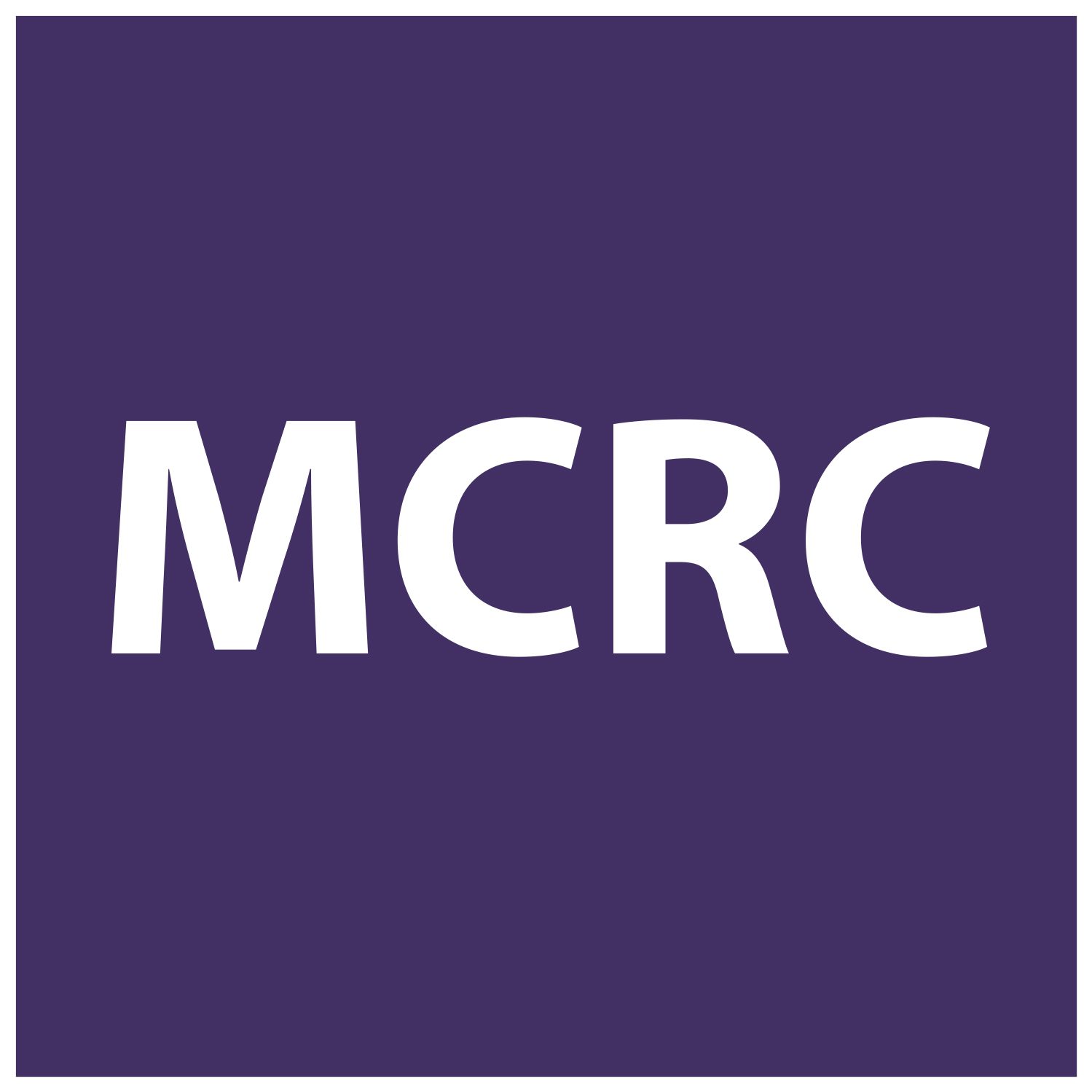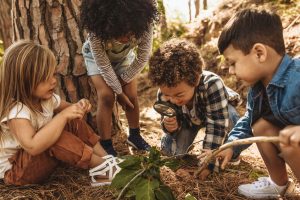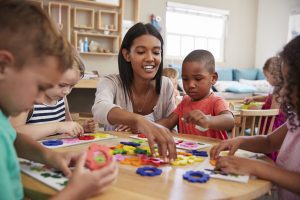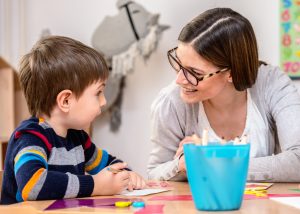Program Statement
Milton Community Resource Centre’s (MCRC) program, philosophy and approach to working with children is inspired by Reggio Emilia and as such, our curriculum is built around children’s questions, ideas and interests. MCRC recognizes children are capable and curious and delivers programs and services that value and build on their strengths and abilities. MCRC has embraced How Does Learning Happen? Ontario’s Pedagogy for the Early Years as a professional learning resource guide for Educators to support pedagogy and curriculum/program development in our early learning programs. This aligns with the Ministry of Education’s Policy Statement on programming and pedagogy. At MCRC we view children and families as capable and competent community members with valuable ideas and perspectives.
MCRC is committed to supporting the goal of the Child Care and Early Years Act in building a child care and early years system that better supports parents and gives children the best possible start in life. We are committed to ensuring that the provisions set out in the Act will strengthen compliance, health and safety in our child care settings as well as help parents make informed choices about their options. It is imperative that all programs promote the health, safety, nutrition and well-being of children and incorporate indoor and outdoor play, active play as well as rest and quiet time. The individual needs of the child are considered at all times throughout the day.
MCRC will ensure that all new staff including Educators, Home Child Care Providers, as well as students and volunteers, review the program statement prior to interacting with children, on an annual basis, as well as at any time when the Program Statement is modified.
Reggio Inspired Approach
MCRC is inspired by the work of the children, parents and teachers in the schools of Reggio Emilia, Italy. Their approach to early learning is based on a fundamental view of the child as a competent citizen with full rights and the ability to share what they know. Relationships are central to this approach, with children, families and teachers working collaboratively and learning together. Other key values to this approach include project-based work, the environment as third teacher, documentation, and the teacher as co-learner. MCRC embraces this approach and strives to build its programs based on these values.
Projects
Through play, children have the opportunity to explore and investigate their environment, build relationships with others and co-construct new knowledge and ideas. As the Educators listen to children, observe their play, and work collaboratively with them, they discover children’s interests and ideas and thus the curriculum emerges as these discoveries are made. Projects are a key part of this emergent curriculum. Essentially, they are more in-depth investigations of a particular topic that is of interest to the children, or a group of children. The Educators and children work together to develop questions and theories, research ideas, and express and document their thinking in a variety of ways.
Environment
The environment is considered a third teacher which plays a vital role in children’s learning and discovery. A beautiful, welcoming and thoughtfully planned environment invites and supports children’s questions, theories, ideas, and discoveries. MCRC environments are warm, encourage children’s learning and reflect the work of the children and Educators in each classroom.
Documentation
One of the main purposes of documentation is to make thinking, and the process of learning, visible. There are numerous ways that Educators document: photos, video, children’s drawings and other work samples, transcribed conversations, as well as adult interpretations and theories about the work of the children. Teachers and children work collaboratively to display, reflect on and revisit documentation. We believe that documentation is one way that adults can respect children and in turn demonstrate that each child is listened to, and that their work is important and valued. Documentation is also a powerful reflective tool for Educators and can help them to understand the children more deeply and make decisions for next steps in their curriculum.
Educator as Co-Learner
We believe that Educators are not transmitters of knowledge, but rather partners in learning with children. We believe that knowledge is socially constructed through relationships with others. With this view, Educators build strong relationships with the children, and their families, and learn alongside them. Educators observe and listen to the children and encourage deeper thinking through thoughtful questions, documentation of their thinking and an engaging environment full of a wide range of materials that meet each child’s strengths and interests.
Quality First
Quality First is a quality early learning initiative providing all licensed child care programs in Halton Region with the opportunity to participate in a developmental model for quality improvement. At MCRC, we strive for a standard of excellence that is above and beyond licensing requirements, thus all our licensed programs, including School Age Programs participate in the Quality First initiative. Read more about Quality First here.
Artists and Children Together (ACT)
The work of the Artists & Children Together (ACT) initiative is to build an understanding of the importance of art as a language. Using art as an expressive tool, ACT experiences inspire creativity, foster a sense of belonging, while building relationships. The Artist acts as a support and resource for Educators at MCRC with regular visits to the classrooms and time in the ACT Art Studio.
During their time together Artists and Educators work collaboratively to listen deeply to children and offer a variety of materials and experiences that support them in sharing their ideas, feelings, questions, and theories in multiple ways. Families are viewed as partners in this initiative, and thinking and learning is captured through Pedagogical Documentation. Visit https://mcrc.on.ca/act-initiative to learn more.
Diversity, Equity, Inclusion and Belonging
MCRC is intentional about fostering inclusive and equitable spaces. We believe that inclusion requires commitment and equity to be embraced. To do so, we continually raise awareness of the need for action toward Truth and Reconciliation, against anti-Black racism, against Islamophobia and injustices faced by religious minorities, toward 2SLGBTQIA+ rights, toward rights for those living with disabilities, and against the systemic oppression of marginalized individuals.
To support a safe, caring community where children and families are valued, grow, and succeed, MCRC is committed to creating programs and services that celebrate diversity, and value inclusion and equity. We strive to instill the tenets of diversity, equity, inclusion and belonging within our programs and services, inviting children to embrace their beliefs, traditions and authentic identities.
Watch MCRC’s Human Rights Video
Parents as Partners
We believe that parents are their children’s first teachers and as such, you have much to offer to your child’s program. Your participation can greatly enhance your child’s program and maximize their learning experiences. The meaningful exchange of ideas between Educators and parents supports the child as they grow and develop within our program. We encourage you to be active in your child’s experience in our programs through the many opportunities that we offer.
Educators and Staff
Caring, responsive, knowledgeable and reflective Educators are essential to children’s early learning experiences. Our Licensed Child Care staff have various qualifications including a passion to provide a stimulating learning environment for children. Our Early Childhood Educators are registered with the College of ECE, and other qualifications include; Primary Education Studies, Recreation and Leisure and Child and Youth Work. All staff have completed a Criminal Reference Check, Vulnerable Sector Screen, and are required to have a valid standard first aid certification including infant and child CPR. Our staff are dedicated to professional growth and as such attend several Professional Learning workshops and conferences both internally as well as within the Community.





